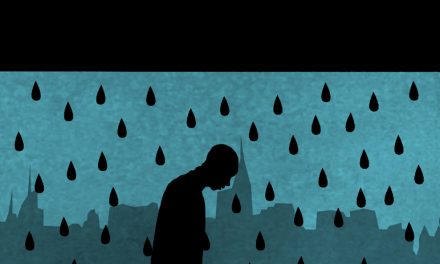Recently while working at a client location it came up in conversation that I spent much of my free time writing, both fiction and real-world reflections, and my contact there mentioned that they’d have an interest in reading my work. Trying not to mix business and recreation, I waited a few days before sending the a link to this blog, with a brief description of my work and the fact that there’s a “Where to Start” page in case the main feed was a bit overwhelming.
The next day, I received a response and saw the following preview in my email client:
Thanks for the link. I confess I …
I readily admit my heart sank as my brain automatically filled in “I confess I forgot about your blog” or “I confess I wasn’t interested” or any number of similar, dismissive statements. In truth, I didn’t open the rest of the email for a few days because I felt I already knew what it contained, and I was dealing with enough last week without inviting another bruse to my ego.
The fact that my mind immediately jumps to the negative possible endings to that simple phrase I think speaks a lot about how I view the world, and the lens through which I experience life. There was no doubt, no question in my mind that the rest of the email was a “thanks but no thanks” response, and even just seeing that little snippet had my anxiety rearing its head.
Eventually I did click on the email, as I was going through cleaning out my inbox, and I was floored when I read the rest of the short message:
Thanks for the link. I confess I rarely read blogs but I look forward to checking yours out.
What sorcery was this – positive affirmation? It made me smile to think that the client was genuinely interested in my work, and made me feel pretty silly for being so worked up over what ended up being a good message. Still though, when I think about getting that email, I still feel a heavy shadow of that anxiety that welled up the first time I saw the preview, no matter that the truth was far removed from my pessimistic assumptions.
A continuing and perhaps ongoing issue I have tried to address, and aim to work on further, is the discord between the logical and emotional parts of my brain. So often I can see a problem, or a situation, and understand it on a rational level, but my emotions remain out of sync with, or at least unrelated to, the truth of the matter. This happens when I look at my friendships, personal motivations, accomplishments, and even promising successes.
There isn’t a big moral in this entry, other than “don’t assume you know what the message is until you’ve read it;” a moral I’ll try to take to heart moving forward.















